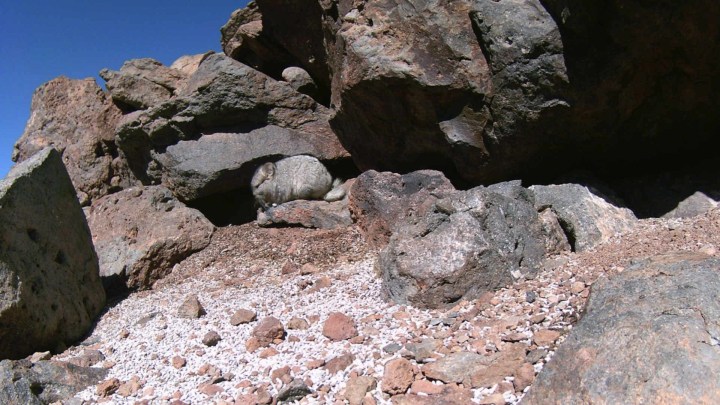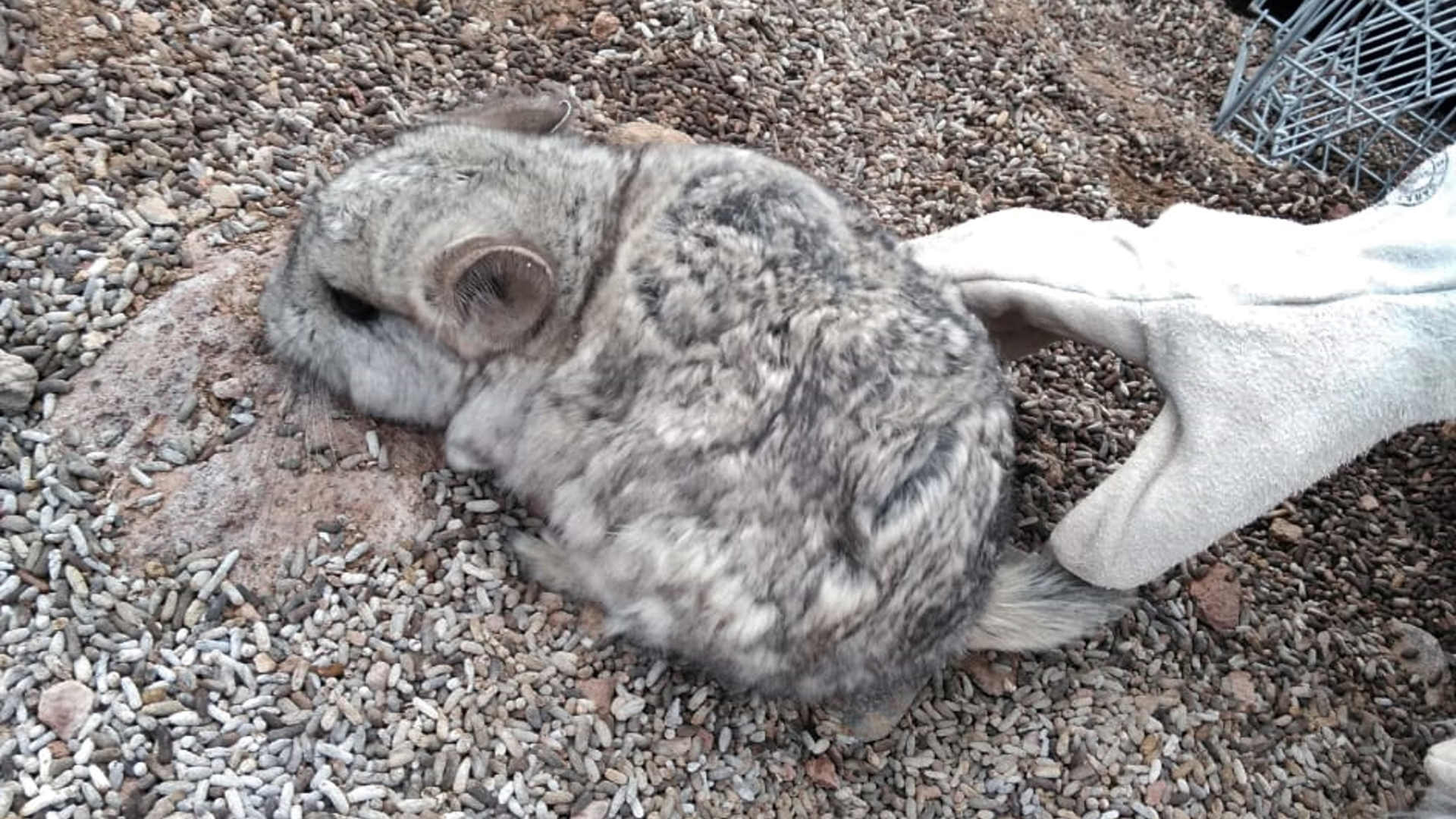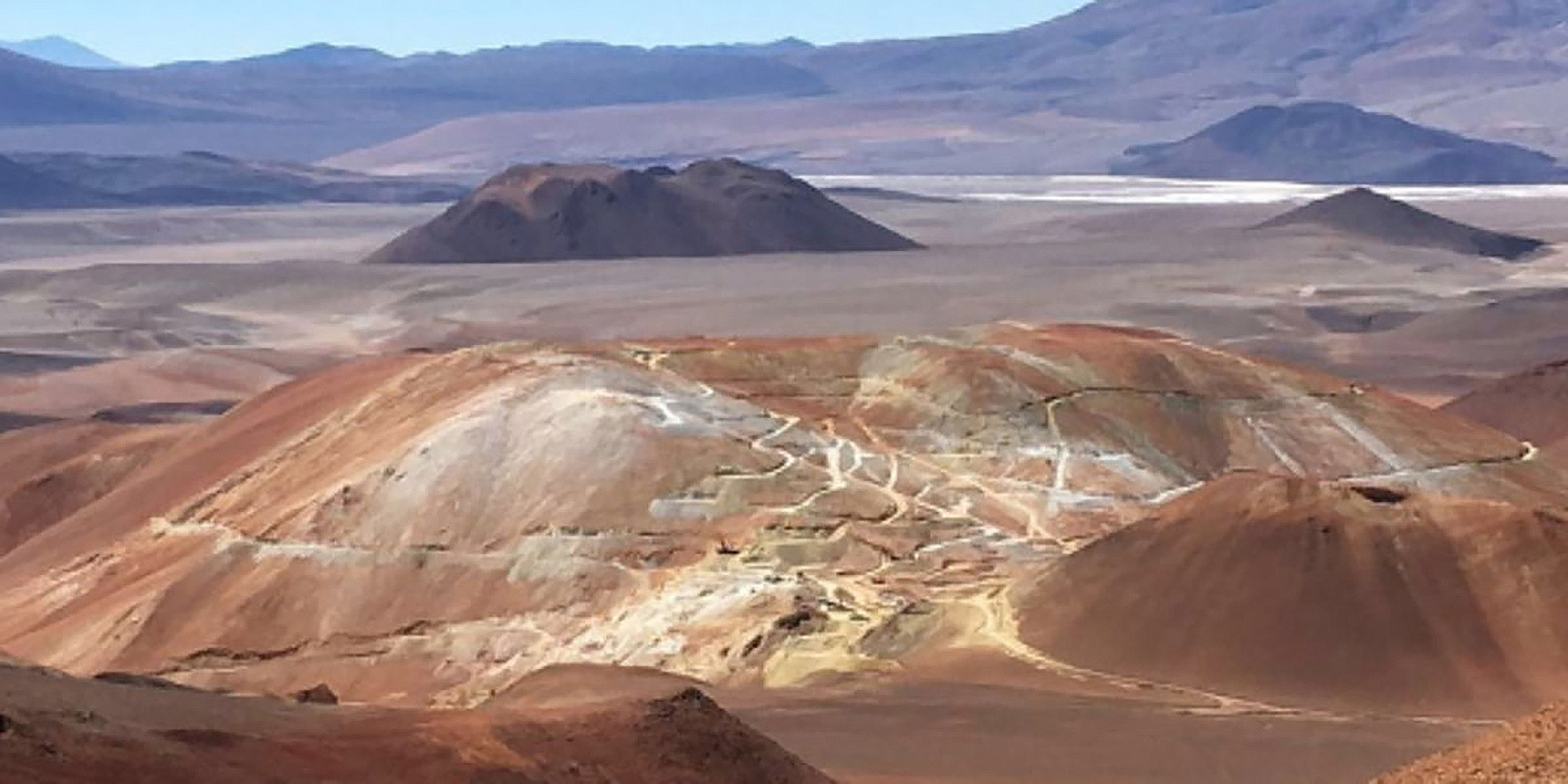RODENTS AND ROCKS
Chinchilla Op is a Go! Gold Fields’ million-dollar rodent relocation to restart next week

Three years after the regulator stopped the initial operation in Chile, JSE-listed Gold Fields has received the final permit to resume the relocation of a colony of endangered chinchillas near its $1,180bn Salares Norte mine in Chile.
The relocation of the world’s most expensive population of rodents will finally begin again next week, high in the Chilean Andes.
Gold Fields said last year that it had been given the green light to resume “Operation Chinchilla”, which involves relocating a growing population of the critters around its Salares Norte mine project.
Read more in Daily Maverick: Rodents and Rocks – Gold Fields gets green light to resume Chile chinchilla relocation
Bureaucracy appears to have meant that it was more of an amber light allowing the company to proceed with caution. But when Gold Fields unveiled its results for the 2023 financial year on Thursday, the company said the final permit had been issued in late January 2024.

Gold Fields in late 2020 launched an operation to relocate a colony of about 25 highly endangered chinchillas, a species almost hunted to extinction for its highly coveted fur. (Photo: Courtesy of Luis Ortega)
Greenlighted
So the light is indeed green now, and Gold Fields’ new CEO Mike Fraser told journalists on a conference call that the relocation would recommence next week, with a much bigger budget than originally planned.
“We are doing whatever it takes to make sure we are doing this in a safe and humane manner,” Fraser said.
To recap, the initial operation was launched in August 2020 to relocate two dozen highly endangered chinchillas, a species that was almost hunted to extinction for its highly coveted fur. Relocating the animals was a requirement of the company’s environmental permit.
The plan involved luring the rabbit-sized animals into live traps with bait, and then relocating them to enclosures to allow them to adapt to their new surroundings, before being released into the wild a few kilometres from their original home range.
This was not remotely on the scale of, say, a rhino or elephant relocation. Chinchillas are hardly menacing.
Off script
But the carefully concocted script was not followed, resulting in two of the first four chinchillas that were caught, dying in captivity before their release. That triggered an outcry from animal welfare organisations, so Chilean regulators stopped the project in its tracks.
Gold Fields went back to the drawing board, and eventually came up with a new plan that the regulators have slowly been approving since last year.
It is an 18-month programme that will start next week, and run until the end of May. It will then pause for the winter months, and begin again in the astral spring. The animals’ habitat and the mine project are at altitudes of 3,900 metres and higher, so it can get very frigid there in winter.
And while the relocation has been paused, the population of animals has grown from an initial two dozen to three dozen. Not exactly a rabbit scale of reproduction, but no wild population is static.
“To date we have identified 36 chinchillas. We continue to monitor the different rockeries that are potentially impacted,” Fraser said. “In a programme of this period of time, it’s quite likely that we will see higher numbers and some potentially could die of natural causes.”

Salares Norte gold mine in Chile. (Photo: Twitter / @GoldFields_LTD)
Price tag swelled
The price tag has also swelled from an initial costing of $400,000.
“Money is not the object. Their safety and wellbeing is more important, but it’s millions. It’s budgeted and approved but it’s a good spend,” Gold Fields’ outgoing CFO Paul Schmidt said, when asked about the costs.
He did not give an exact figure, but while perhaps not material to a company of Gold Fields’ size, “millions” is not exactly small change.
Gold Fields said last year that the Agua Amarga orebody — one of the pits to be developed — might take a detour underground, from the initial plan to build an open-pit operation, partly in response to the rodents. Such plans are still under consideration.
Most chinchillas identified
“Most of the chinchillas have been identified in the area related to Agua Amarga. We haven’t commenced any breaking of ground in that area at this point and we will only do so once we have identified and relocated all of the potentially impacted chinchillas. We are also in parallel conducting an underground study on Agua Amarga,” Fraser said.
The delay in “Operation Chinchilla” did not delay the initial construction plans of the mine, which has hit other headwinds including bad weather and labour shortages. Gold Fields is hoping to produce its first gold there in April.
The project is now expected to cost $1.18-billion, after initial estimates of closer to $800-million. The “millions” for the chinchillas is just a rounding error in that sum.
And Gold Fields is making money, with normalised profit for 2023 of $900-million, compared to $860-million in 2022.
A few of those “millions” are being spent on relocating three dozen chinchillas. Gold Fields wants to get it right this time, because if it has to go back to the drawing board again, the costs may prove to be material rather than only a rounding error. DM




















 Become an Insider
Become an Insider
Again, good intentions run by morons. Simply get a few good breeders to set up the right environment, overseen by an anticruelty animal organization. These endangered animals will “breed like rabbits”, as with their many other sub species.